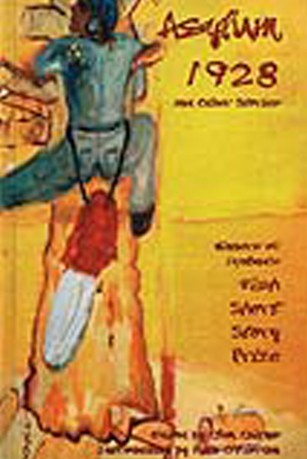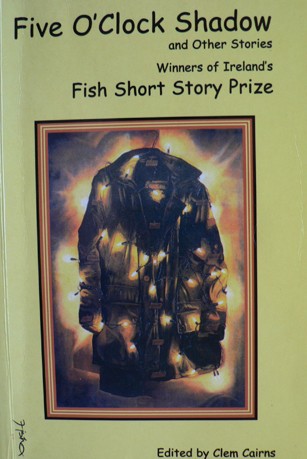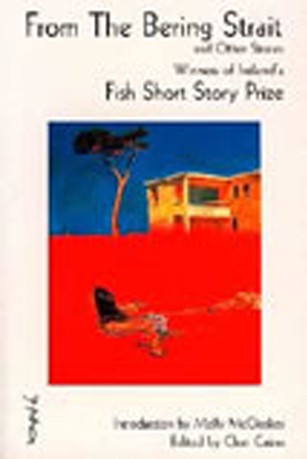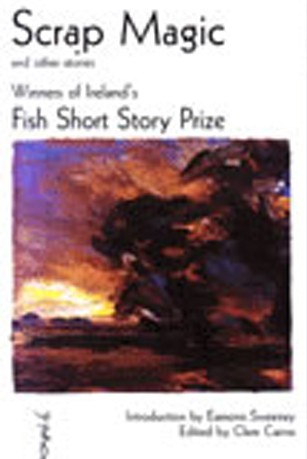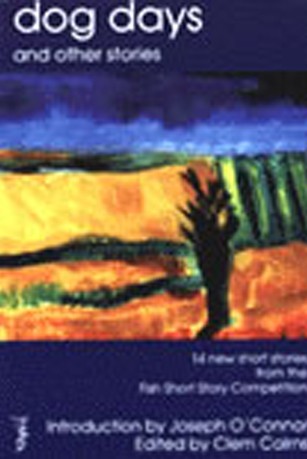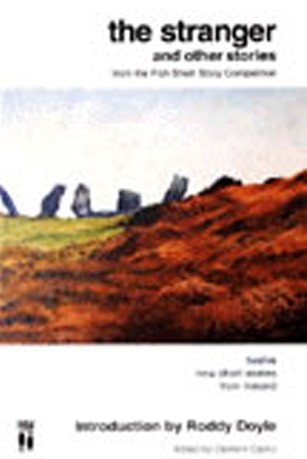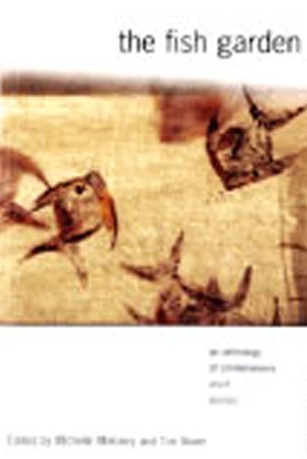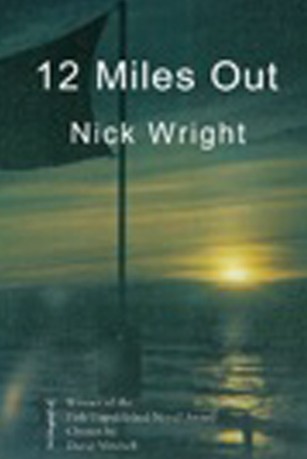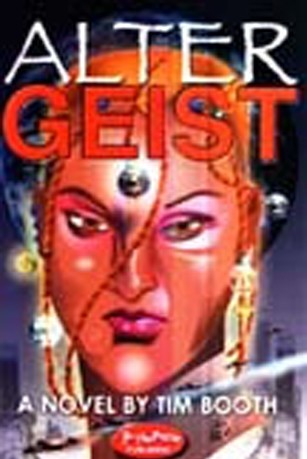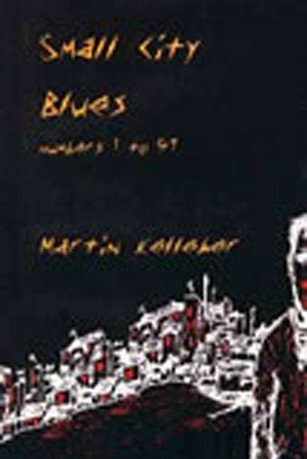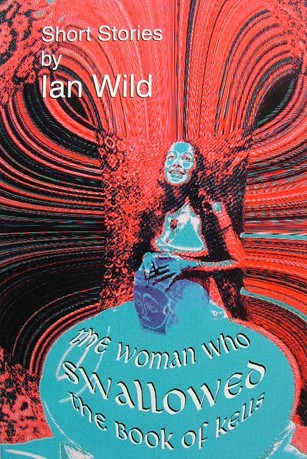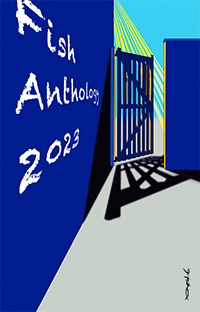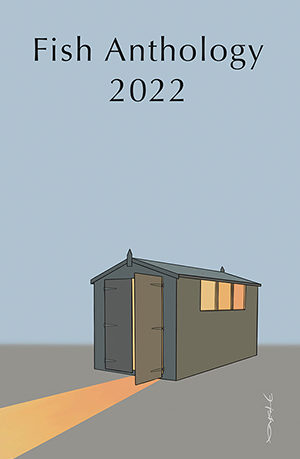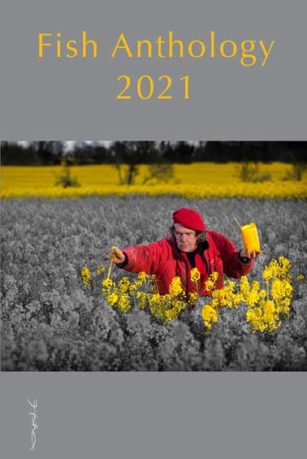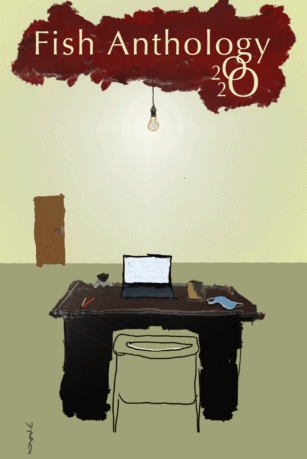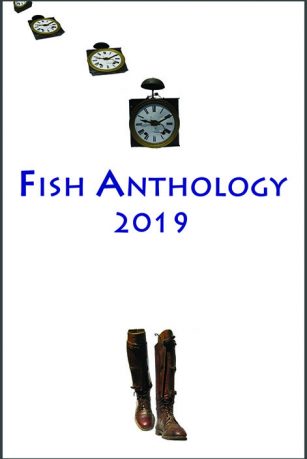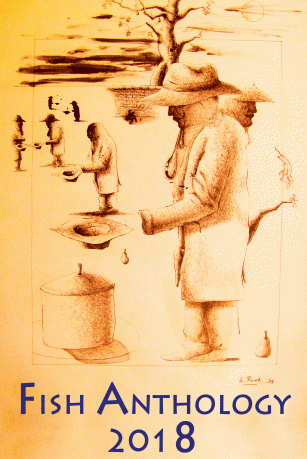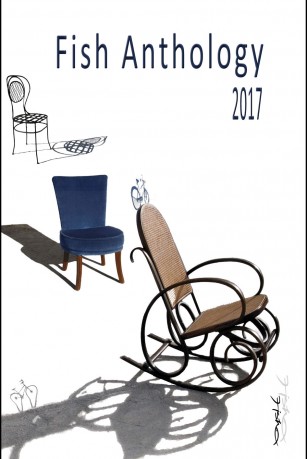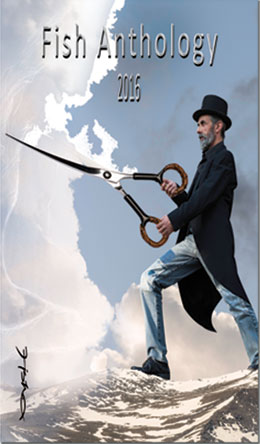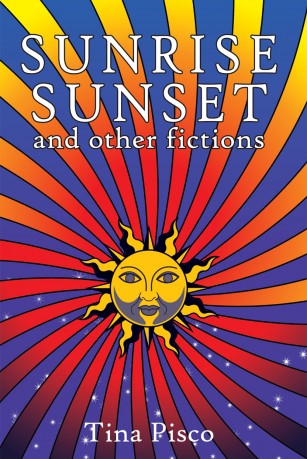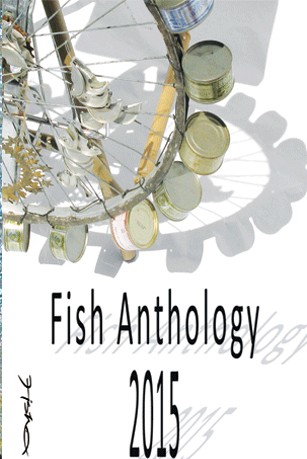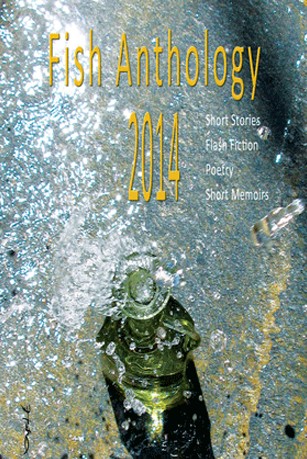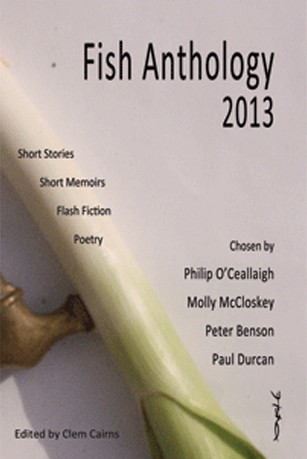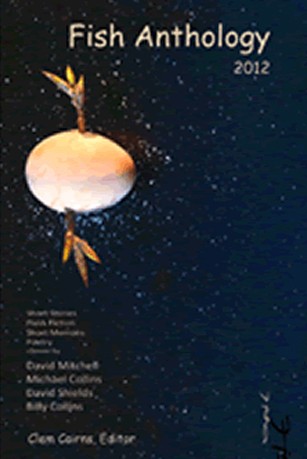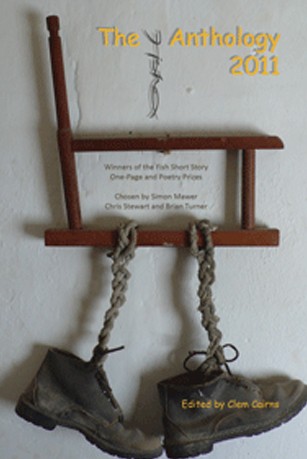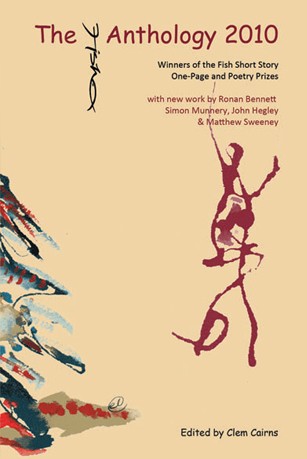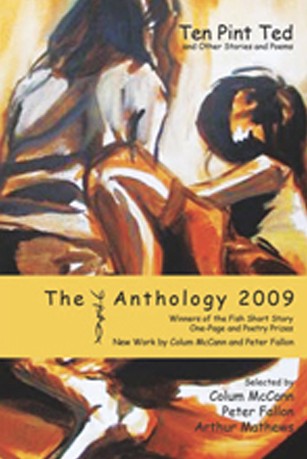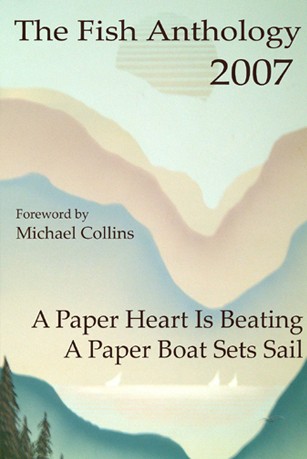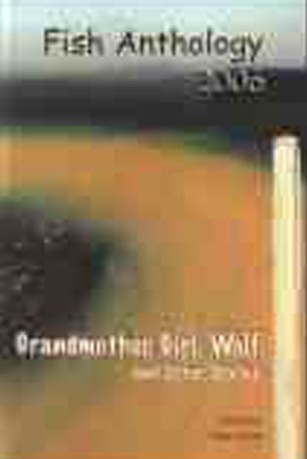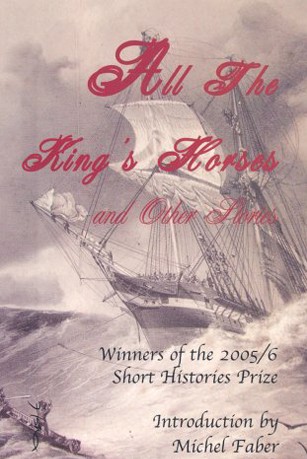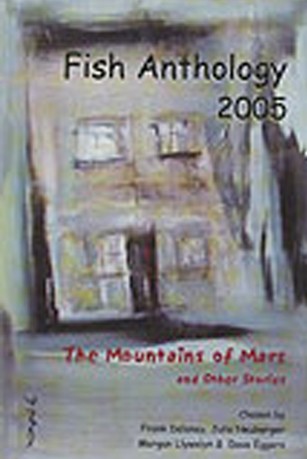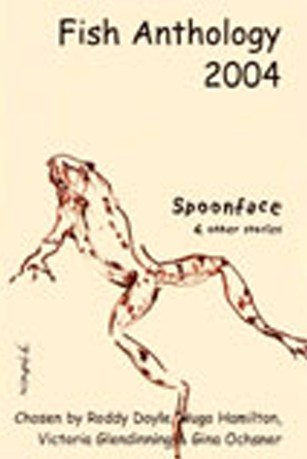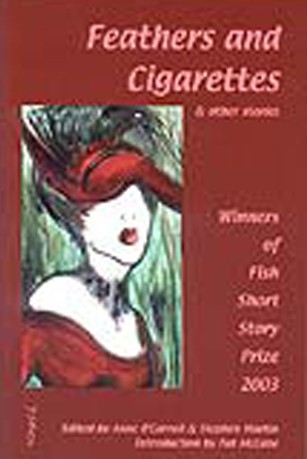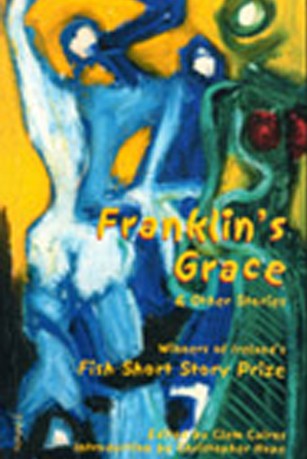Short Memoir Prize

Ted Simon
– judge for 2025 –
Summary:
Closed
Judge: Ted Simon
Word Limit: 4,000
Closes: 31 Jan '25
Results: 1 April '25
Entry Fees: €20 / €14 subsequent entries. (Optional Critique €56)
Prizes:
The best 10 memoirs will be published in the FISH ANTHOLOGY 2025.
1st: €1,000.
2nd: Writing Course (online) + €300.
3rd: Writing Course (online) + €300.
CLOSED
Fish Short Memoir Prize
Prizes – Rules – Entry Fees – How to Enter
Everyone has a memoir in them. Go for it! Write a piece of your life, send it to Fish. This contest is an opportunity to have your memoir published.
Ted Simon (author of memoirs, including Jupiter’s Travels) will select 10 short memoirs to be published in the FISH ANTHOLOGY 2025,
(See Fish Anthology 2024)
The launch will be during the West Cork Literary Festival, July ’25.
Publication in the annual Fish Anthology (Fish Books) has, for many authors, been a stepping-stone to a successful writing career. (See Alumni)
Anyone’s memoir can be worthy if written in a way that captivates the reader. You need not have had a life of fame, fortune, or tragedy to make the grade as the ordinary can be woven into a masterpiece. It’s all in the writing. If you would like to refine your Memoir writing skills, take advantage of the Memoir Writing Course.
Critique Service provides an appraisal of your work prior to entering a writing contest, or at any time.
MORE ABOUT: Ted Simon (judge 2025)
Prizes: Short Memoir Prize
Ten memoirs will be published in the Fish Anthology 2025.
First – €1,000
Second – Online Writing Course + €300
Third – Online Writing Course + €300
The ten published authors will each receive five copies of the Anthology and will be invited to read at the launch during the West Cork Literary Festival in July 2025.
Rules: Short Memoir Prize
- No entry form is needed.
- Entry is online, or by post if required.
- You may enter as many times as you wish.
- The competition is open to writers of any nationality writing in English.
- There is no restriction on theme or style.
- Maximum number of words is 4,000.
- The winning memoirs must be available for the Fish Anthology and, therefore, must not have been published previously.
- Fish holds publishing rights for work published in the Fish Anthology for one year after publication, after which rights revert to the author. (Please acknowledge Fish in any subsequent publications.)
- Notification of receipt of entry will normally be by email.
- The judges’ verdict is final. No correspondence will be entered into.
- Memoirs cannot be altered or substituted once they have been entered.
- In order to give opportunities to emerging writers: (a) Writers who have had two memoirs published in Fish Anthologies may not enter for three years after their second publication. They may enter other Fish competitions. (b) Previous first prize winners may enter again, but will not be eligible for the first prize.
- Entry fees will not be returned if memoirs are withdrawn after entering.
- Entry is taken to be acceptance of these rules
Entry Fees: Short Memoir Prize
| First Entry € |
Subsequent € |
|
| ONLINE | 20.00 | 14.00 |
| Critique (Optional) | 56.00 | 56.00 |
| Entry & Critique | 76.00 | |
| POST | 23.00 | 14.00 |
| Critique (Optional) | 63.00 | 63.00 |
How to Enter: Short Memoir Prize
You can enter online or by post. The cheaper option is to enter online.
– How to Enter ONLINE
To enter online, click the green button and follow the instructions.
MAKE SURE YOUR NAME AND CONTACT DETAILS ARE NOT ON THE MEMOIR. (Judging is done anonymously.) Your memoir and name are linked automatically when you enter.
– How to Enter by POST
Post to: Fish Short Memoir Prize, Collingwood, Coomkeen, Durrus, Bantry, Co. Cork, P75 H704, Ireland.
Please use normal postal service (not couriers as this service is unreliable in our rural area).
Best not to use registered post as this slows receipt. (We will email you to confirm that your entry has arrived.)
Make cheques payable to Fish Publishing, using your country’s currency.
Do not sent postal orders (outside Ireland).
Print on one side of the page only in reasonable sized type.
The Short Memoir Prize is judged anonymously, so please do not put your name or contact details on any of the memoir pages.
Include all contact details on a separate sheet.
Receipt of entry will be by email.
Memoirs will not be returned.
MORE ABOUT: Ted Simon (memoir judge)
Raised in London by a German mother and a Romanian father, Ted Simon found himself impelled by an insatiable desire to explore the world. It led him to abandon an early career in chemical engineering to go to Paris where he fell into journalism.
On 6th October 1973, at the age of 42, Ted set off from London on a 500cc Triumph Tiger motorcycle on what became a four year solo journey around the world, covering 64,000 miles through 45 countries.
With the aim of discovering how the world had changed in the intervening 28 years, on 27th January 2001, aged 69, Ted embarked on a second journey. This time he rode a BMW R80 GS over 59,000 miles through 47 countries.
Ted’s books about his journeys, Jupiter’s Travels, Riding High and Dreaming of Jupiter, continue to serve as an inspiration to other travellers who seek to know the world, and their place in it, through personal adventure.
TIPS on memoir writing from Sean Lusk
(Author and published in the Fish Anthology)
Memoir, Memory, and Truth
I remember as a child – old enough to read confidently, but perhaps not much more than eight or nine – taking down from my parents’ bookshelf My Childhoodby Maxim Gorky. Perhaps I thought it would tell me something about how a childhood should be, since I was not certain mine was going quite as it should. I opened the first page and read these words:
In a narrow, darkened room, my father, dressed in a white and unusually long garment, lay on the floor under the window. The toes of his bare feet were curiously extended, and the fingers of his still hands, which rested peacefully on his breast, were curved; his merry eyes were closed by the black disks of two copper coins….
I gobbled up the rest of Gorky’s three-part memoir quickly, rattling through My Apprenticeshipand My Universities.
Almost half a century later I found myself standing in Gorky’s house in Moscow, his desk with his ink pot, letters and some broken walnut shells protected under glass, though much of the rest of the house was covered in a thin layer of dust; Gorky was no longer the revered figure of Soviet times, and his home, now a museum, was largely unvisited. But I remembered my early reading, how it frightened me and how I marvelled at the way he told his story in the words first of a child, and then in the later books in turn as an adolescent and as a young man, and how tough his life became.
Why have I started an article about memoir with this story of Maxim Gorky? Because I’m telling a story and putting myself in it, which is the trick that memoir plays, without necessarily respecting time or place or even facts. A memoir only has to present a truth, something plausibly true, and based on personal memories, but in which the story takes precedence. Very often memoir is not about the writer at all, but about those people, places and incidents the writer has encountered. The boundaries between memoir and autobiography or, for that matter, memoir and the ‘semi-autobiographical novel’ are blurred, and thank goodness they are, because precise categorisations are not easy to agree on. Why is Jeanette Winterson’s Oranges Are Not the Only Fruitcategorised as a novel, but her Why be Happy when you Can be Normalfirmly as autobiography? Both are based on memories, both are telling a story, and arguably both are forms of memoir.
Taking the argument even further, the great American short story writer Grace Paley wrote almost exclusively about her family and friends in New York. Was she writing ‘facts’? No, they were stories, but they were also forms of memoir, since they were so closely based on her own memories of her parents, aunts, lovers, and children. Memoir should be permissive, honouring the truth without necessarily being precisely true. Memoir might even be the chosen form to write about other things – injustice, prejudice, illness, adventure. Take Barack Obama’s Dreams from My Fatheror Maya Angelou’s I Know Why the Caged Bird Sings.
There is often a thin divide between, say, travel writing and memoir. Dervla Murphy wrote travel books, and yet those books might also be thought of as memoir, so personal were her recollections of the places she saw and the people she met. That is true of all great travel writing – it is the personal encounter, the impressions, and sensations that we relish as much as descriptions of landscapes or buildings or roads or trains.
The late Hilary Mantel’s memoir Giving up the Ghosttells the story – or more accurately several stories – of her early life and most particularly her struggle with an inept and disbelieving medical establishment which consistently failed to diagnose her endometriosis. It is a searingly brilliant memoir, certainly autobiographical in nature, but not really an autobiography, not least because it doesn’t attempt to tell the story of her life, but only of particular and telling incidents from it.
A poem is not a novel, a short story is not a biography, flash fiction is not a cookery book, and yet forms can merge and blur, and at its best writing is about experimentation, playing with form and pushing boundaries. The rules are there to break, so go ahead and break them!


